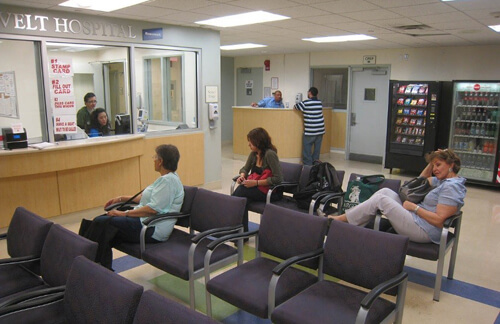
Maintaining Hospital Security Becoming More Challenging
According to a 2016 hospital security survey by Health Facilities Management and the American Society for Healthcare Engineering, 75 percent of hospital management surveyed said that maintaining security has recently become more challenging.
One of the biggest take-aways from the survey is that hospitals are now pro-actively training management and staff so they can respond quickly and appropriately if a dangerous incident occurs. They’re also focusing heavily on prevention. Here are some of the elements of a strong hospital security plan:
–Conduct annual risk assessments
–Implement strategies and staff training that identify behavior that could lead to violence
–Train staff on how to defuse tense situations and, when necessary, how to alert security
–Add access control technology, digital video surveillance, electronic lockdown capability and electronic tracking of equipment and medication
–Add sufficient security staff
Hospitals (51 percent) say they have experienced violence against staff in their emergency rooms by patients or their families and 44 percent reported patient/family violence against staff in other areas of the hospital. Survey respondents cited the opioid epidemic for increasing violence and theft.
Not surprisingly, security guards in hospitals are becoming more common–but the survey respondents say there aren’t enough. Properly trained guards can deescalate a situation verbally yet have the skills to physically restrain when needed.
For a hospital security plan to be the most effective, staff, management and security personnel must work in unison to prevent violence and theft, and when necessary, address aggressive or erratic behavior






Leave a Comment